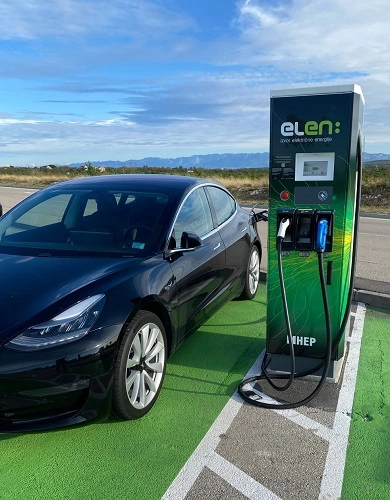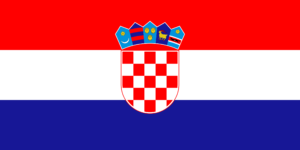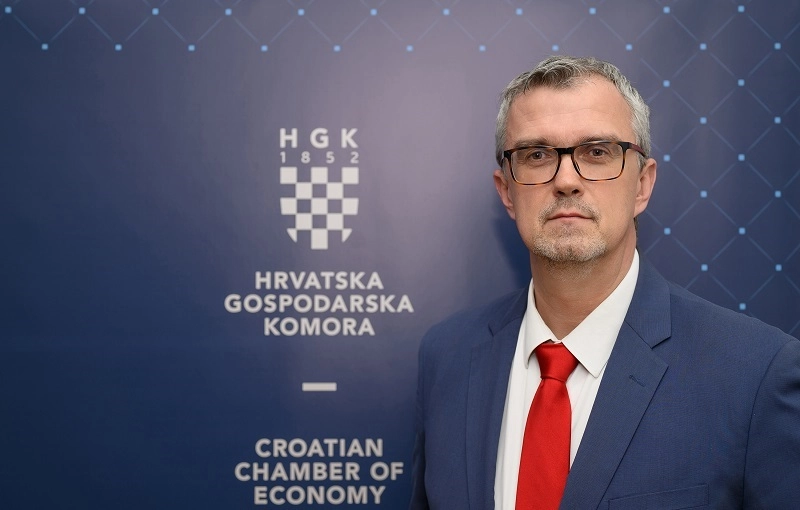Last year, Croatia launched a strategic plan for the development of electromobility, which includes the reduction of taxes and fees for electric vehicles (EVs).
Hrvoje Paver, an Independent Advisor at the Croatian Chamber of Economy, shares the progress of the initiative with Mobility Portal Europe.
“This year, we tried to provide our members with a 100% deduction as significant support in purchase of passenger EVs, but we received the opinion that this is not in accordance with European Union (EU) legislation, which is quite confusing because some EU members already have such an incentive applied,” Paver explains.
“Furthermore, the Motor Vehicle Trade Association, of the Croatian Chamber of Economy, in cooperation with the Environmental Protection and Energy Efficiency Fund, is preparing a tender for the co-financing of electric vehicles, that should be released by the end of this year,” he adds.
It’s worth mentioning that those who wish to purchase a car in the country must pay excise duty, but zero-emission vehicles are exempt.
“They only pay value-added tax, and 50% of that tax can be deducted if a firm buys a vehicle, -which the Croatian Chamber of Economy made possible for its members (all firms in Croatia) in cooperation with the Ministry of Finance and the European Commission in 2018,” Paver explains.
However, EVs “are still very expensive” for the average buyer.
Therefore, for electromobility to continue progressing in the country, it is necessary to consider more incentives, whether as purchase support or tax deductions.
It’s worth noting that in the past two years, zero-emission cars were almost exclusively purchased with incentives from the Fund.
Regarding the current landscape, Paver comments, “This year, the interest in buying electric vehicles has increased. Almost the same number of them (85%) has been bought so far, and the tender will be announced towards the end of the year.”
“It is almost certain that the increase in sales, which is also evident for conventional vehicles, will be visible for electric vehicles as well,” he adds.
Finally, the secretary acknowledges that the future of transportation will not be limited to EVs alone.
“Hydrogen will play an increasingly important role, as will e-fuels, which will certainly enable the production of ecologically neutral conventional engines in the future,” Paver comments.
Development of a Charging Network in Croatia

The strategic plan for the development of electromobility launched last year also included the establishment of a charging network.
Currently, there are three operators in the country that own nearly 80 percent of the filling stations.
“We calculate that we have around 700 filling stations, but there are plans for another 1,300, which will be implemented very soon, in any case, most of them will be completed by 2026,” explains Paver.
Furthermore, the secretary explains that, while the energy infrastructure will expand, existing infrastructure will also be utilized, for example, in suitable locations where substations already exist, such as railways, ports, and other sites.
Read more: What countries led electric vehicle sales in September?








